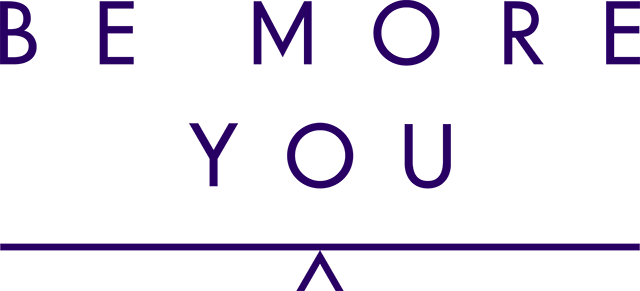NLP in Practice is our series of events bringing to you workshops from our PPD Learning trainers and our associates in the field to give you an experience of how people are using their NLP in practice.
When I met my muse
I glanced at her and took my glasses off–they were still singing. They buzzed like a locust on the coffee table and then ceased. Her voice belled forth, and the sunlight bent. I felt the ceiling arch, and knew that nails up there took a new grip on whatever they touched. “I am your own way of looking at things,” she said. “When you allow me to live with you, every glance at the world around you will be a sort of salvation.” And I took her hand.
William Stafford
In 1st Generation NLP we had the idea of our creative part, being able to come up with solutions for our problems. This is the key step in creating change in Bandler and Grinder’s ‘6 step reframing process’ when we ask our unconscious mind to come up with solutions to a problem, It is the creative part that we call upon to offer the possibility of change and to help generate new behaviours.
In this workshop you we will spend the idea exploring the metaphor of creativity as a part that exists inside all of us, and how you can develop a more resourceful, embodied relationship to this part of you and how to bring more of it into play. Like all parts of ourselves, the more that we build a felt connection to it and to bring it into connection with the rest of us the more it can be called upon for use in your day-to-day lives.
The starting point of this exploration will be the fact that our creative process exists inside each of us as a felt sense. It is this internal relational aspect of creativity that we will be exploring during this workshop.
‘The Creative Muse’
The idea of the creative muse is something that has permeated into our cultural lexicography and is used by artists, poets, writers and musicians throughout the ages
We will be exploring relating to your own creative part as your own personal muse, for a more profound connection to the possibilities that being more creative has to offer for all aspects of your life
You will have the experience of using perceptual positions to literally ‘step into’ your creative part and to see how you are currently in relationship to this part of you, with the potential for bringing in new resources that you may need to strengthen the bond of this internal connection.
We will be using Judith Delozier’s vision questing process, so you can ‘take your muse by the hand’ and see the world from it’s eyes.
Gaining multiple perspectives is again at the heart of creating change and becoming more generative when we think about our own maps of reality.
By exploring new ways of relating to your inner ‘muse’ as part of a workshop process we will offer you the opportunity to have a felt 1st person experience of doing this for yourself and the opportunity to take a 2nd & 3rd person perspective of the person you are coaching, so that you can expand your own maps at the same time.
Self-Sponsorship
In NLP the idea of sponsorship is deeply embedded as an essential part of the coaching relationship.
Building a connection to your inner ‘muse’ is a way of being able to offer a sense of self-sponsorship to that essential part of ourselves that we call upon when we need new answers to our problems and to generate novel ideas. This is what is at the heart of NLP: helping you find new pathways to generate more resourceful flexible behaviours in multiple contexts
Sponsorship is often linked to beliefs around what it permissible. Often when working with people’s beliefs around creativity you run into the self-imposed limits of the mind.
Beliefs are often unconscious rules and organizing principles that guide our knowledge and understanding of ourselves, our relationships and actions and the world in general.
Joining in this workshop you will find the tools to be able to overcome limiting beliefs around what you think is possible for you to achieve, transcending what you believe to be possible for you.
Have you ever wanted to play an instrument, write poetry, cook new foods or voice your ideas in meetings? The only thing stopping you is you!
Tools that we will be exploring on this workshop:
- What are the qualities of your creative part? Building a rich representation of this part in all representational systems. Exploring changing the submodalites to bring your part into a more resourceful relationship
- Seeing the relationship between you and your creative part via the filter of perceptual positions and adding resources into your relationship with your part.
- Tools to enable self sponsorship of your own creative goals and visions.
- Embodying your creative part in a vision quest, seeing the world through it’s eyes
- Modelling of other people’s creative parts and exploring how they can reinforce your own relationship
“if you hear a voice within your say ‘you cannot paint’, then by all means paint and that voice will be silenced”
Vincent Van Gogh
